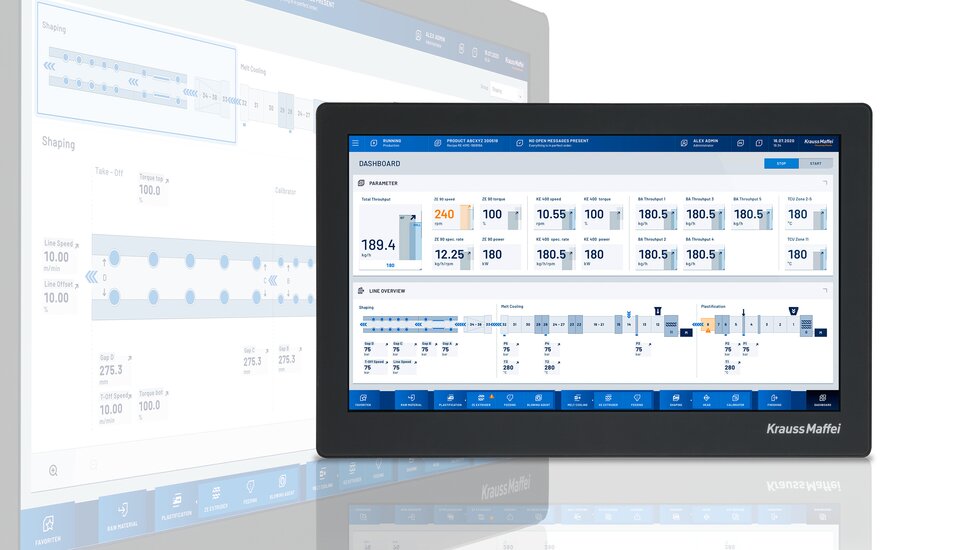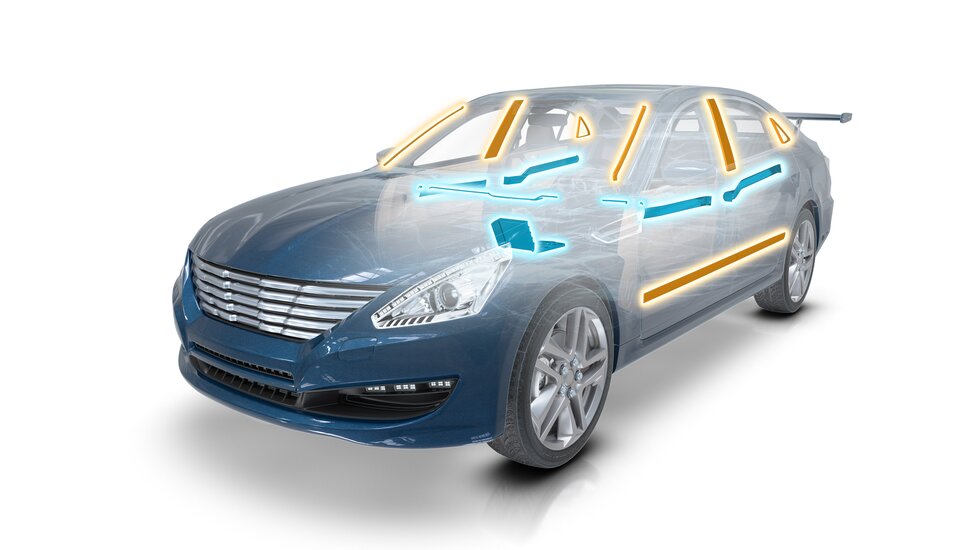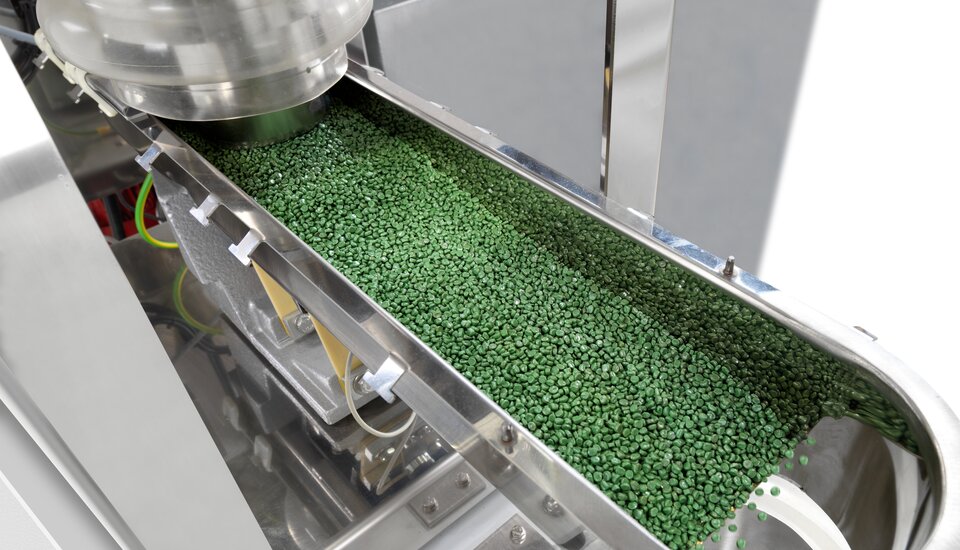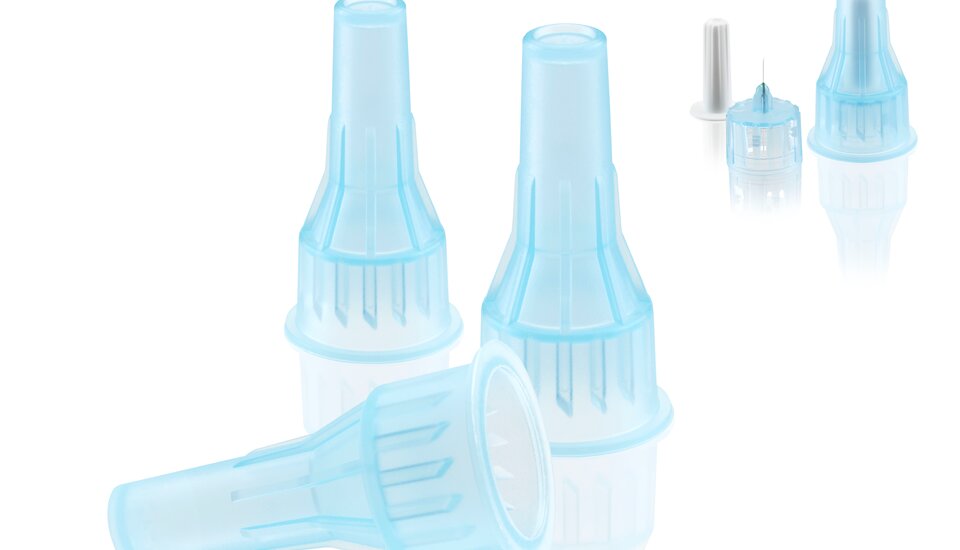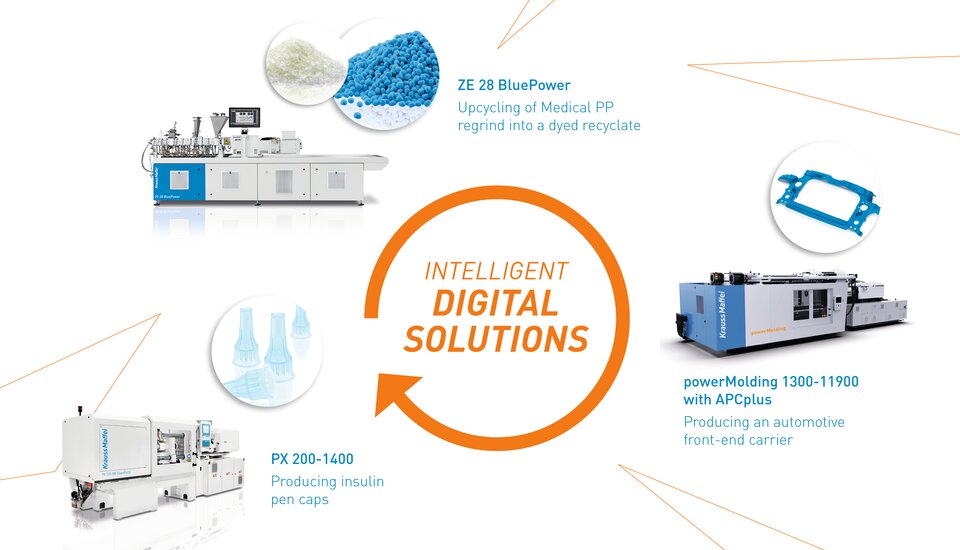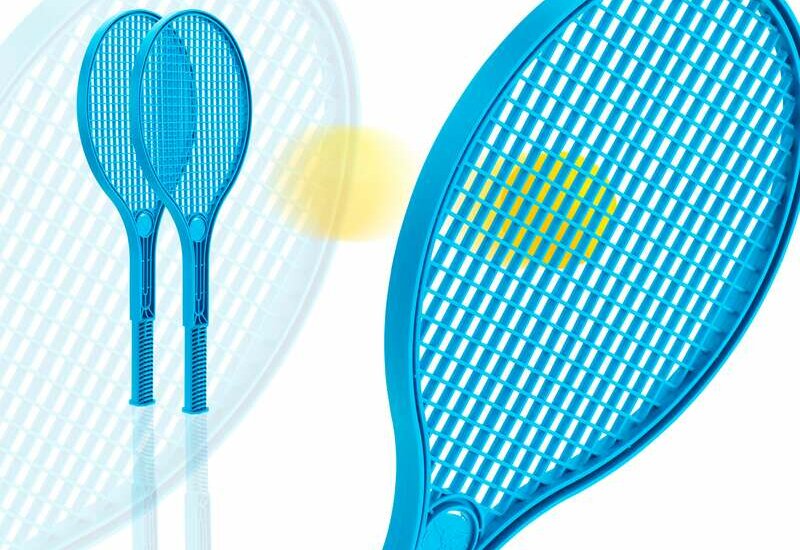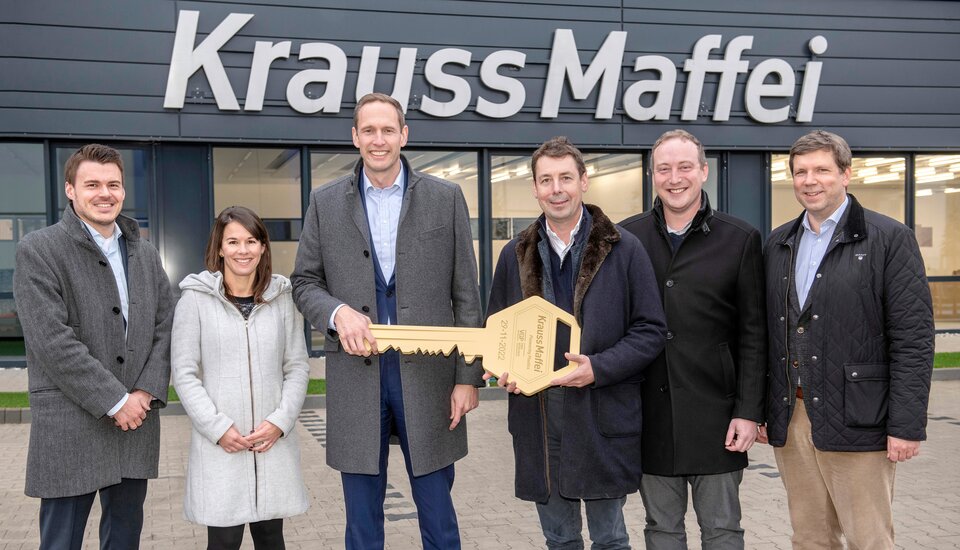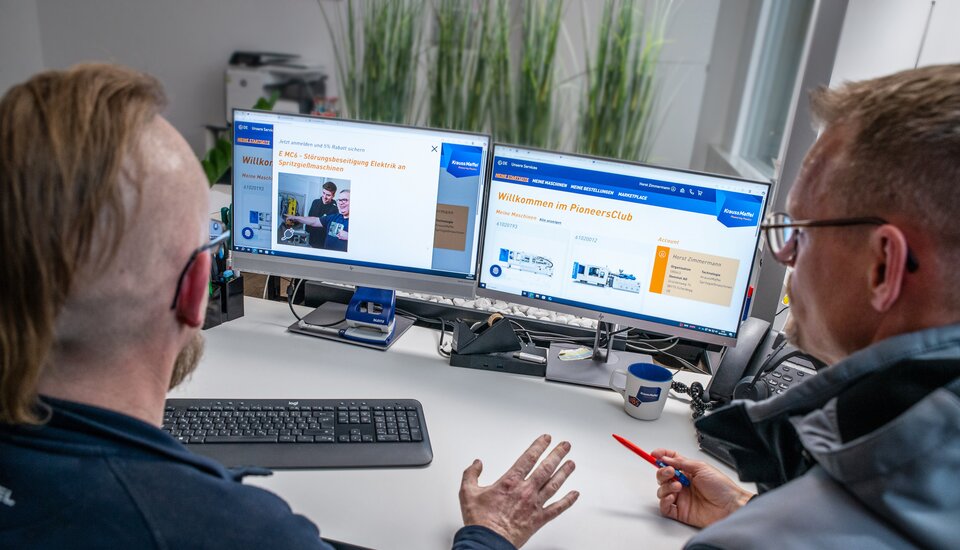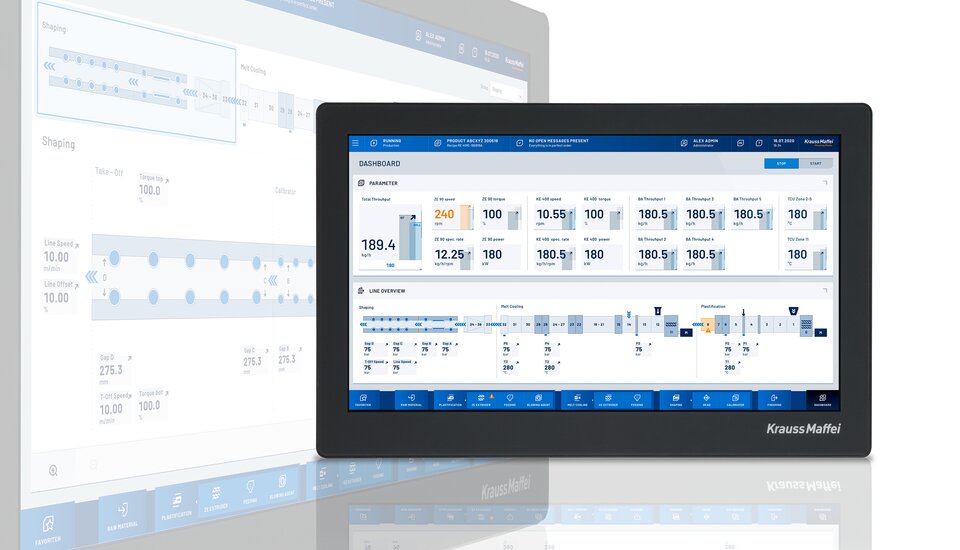
Processes & Products
Less (packaging) is more!
| Michael Birchler
Optimized thin-wall packaging with injection compression molding
The use of injection-compression molding (ICM) enables food packaging manufacturers to save considerable volumes of raw material. In turn, this reduces the ecological footprint right from the production processing stage.
In 2015, Netstal became the first provider to unveil injection-compression molding in a stack mold for the manufacture of thin-wall packaging. A pioneering achievement given that injection-compression molding with extremely fast cycle times is exceptionally demanding in terms of dynamics, process stability and mechanical precision.
Made for more than 6 million cycles a year
In the conventional injection molding process, additional material is injected into the cavity of the completely closed mold during the holding phase to compensate for material shrinkage during the cooling phase. During injection-compression molding, the injection process takes place a little earlier, namely when the mold compression gap is still slightly open. The mold then closes completely and final forming occurs through compression of the melt within the cavity.
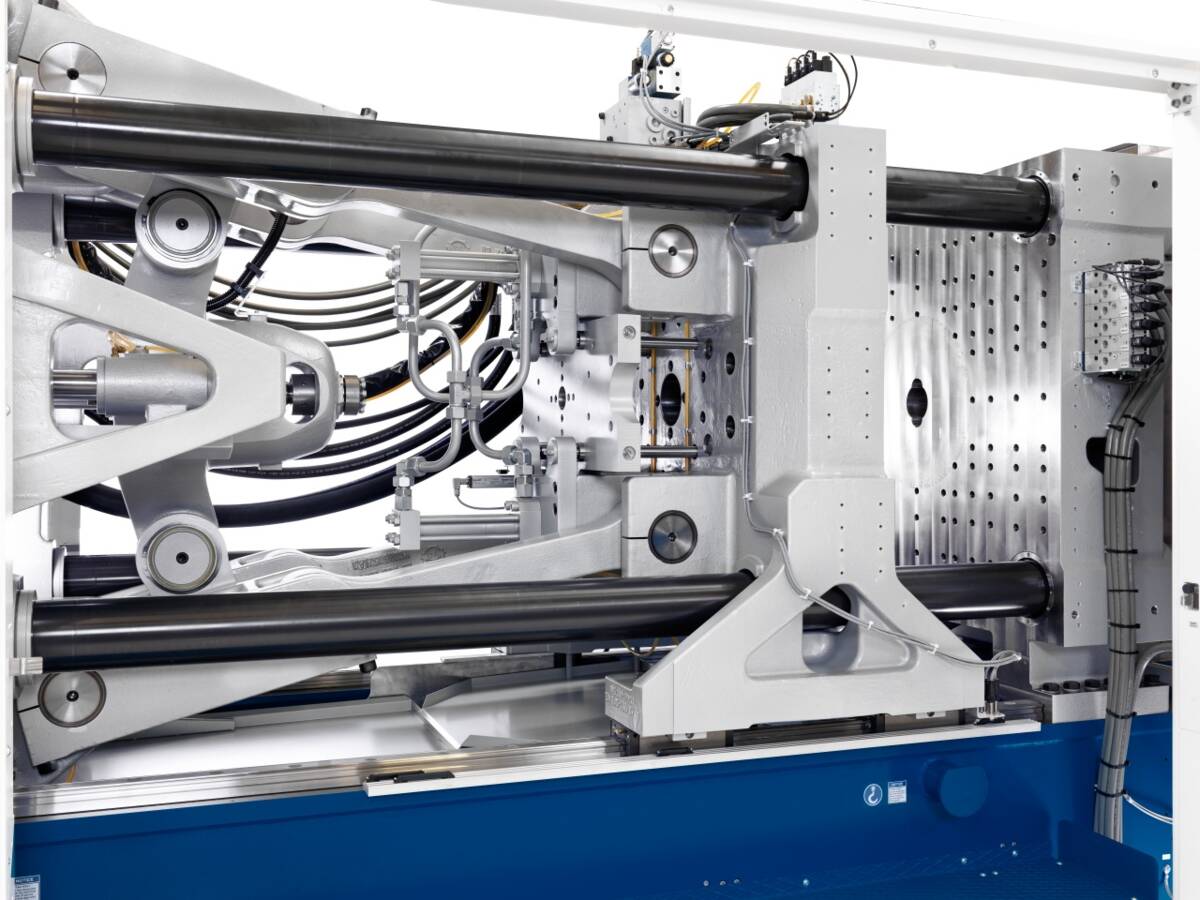
Solid construction
High-performance machines from Netstal work reliably and with absolute precision for years and millions of cycles
Thinner wall thicknesses, consistent stability and superlative quality parts are the positive outcome. To constantly operate such a highly demanding process over many years and produce premium results, a fundamental prerequisite is fast and precise machine technology with long-term reliability. With standard cycle times of around five seconds, a high-performance injection molding machine ultimately has to endure more than six million cycles a year. Very few providers can live with this range of performance and Netstal clearly sets the standard.
ICM reduces costs and minimizes the ecological footprint
Investment in high-quality machines quickly pays dividends because the ICM process reduces the overall weight of packaging containers up to 25 percent. As material quantity dominates unit costs, this equates to a significant cost benefit for any packaging manufacturer. At the same time, through conversion to ICM the packaging is ecologically optimized without changing its protective function. Lower weight reduces the overall quantity of waste plastics. The application of resources during transport is also reduced.
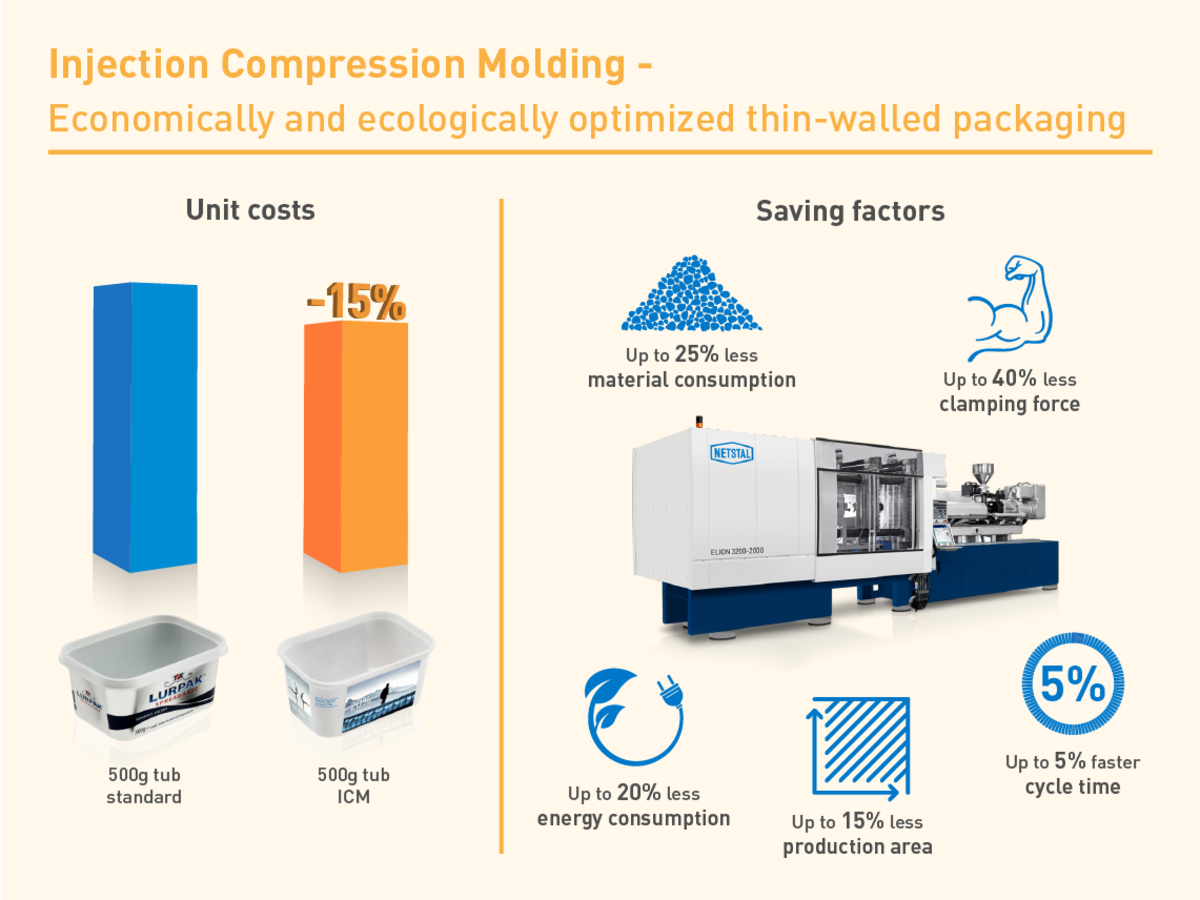

Injection molding companies also benefit from further cost reductions that come with the process. Because the ICM process operates with lower clamping forces, in most cases a smaller machine can be operated, which results in lower investment costs. Operating smaller machines means less production area is required and freed up areas can be put to alternative use, resulting in an approximately 25-percent lower energy requirement. Last, but not least, is the fact that cycle times are reduced by about 5 percent using ICM. That may not seem a lot, but with high-speed applications this could equate to a few hundred thousand cycles to the good per year and commensurately higher production performance.
Conversion to the ICM process for the manufacture of thin-wall packaging ultimately means a unit cost reduction of up to 15 percent. As a result, injection molding companies can profit from a significant cost benefit and at the same time offer customers ecologically optimized packaging.
IML container for spread
Al-Wafa Plastic Industries (Palestine) uses the ICM process
